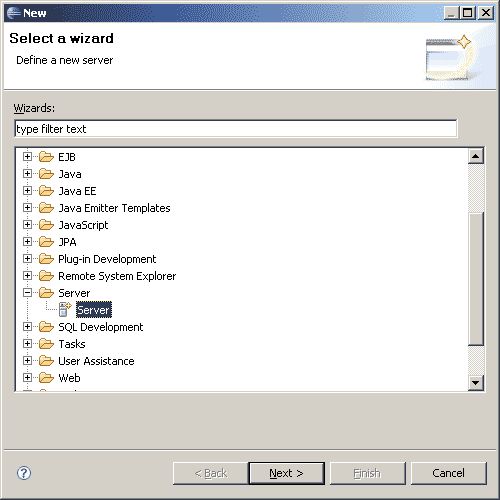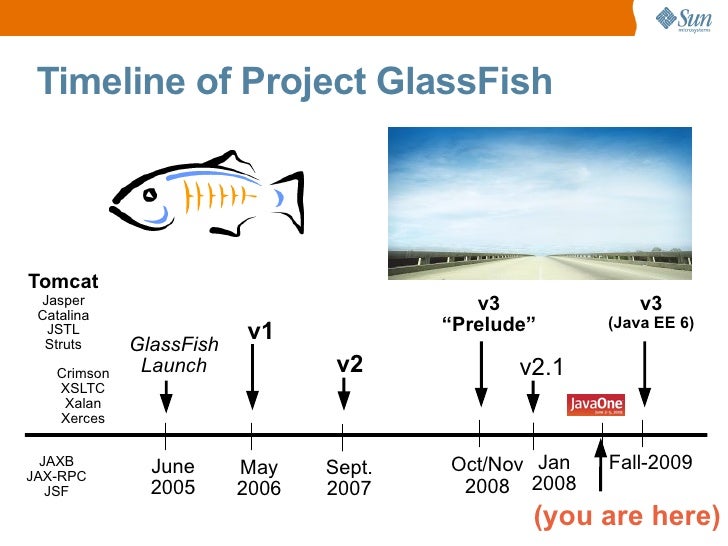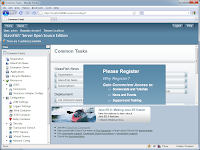

- #Glassfish monitoring how to
- #Glassfish monitoring full
- #Glassfish monitoring software
- #Glassfish monitoring code
Example Script // import all BTrace annotations import .* // import statics from BTraceUtils class import static.
#Glassfish monitoring code

Preconfigured Monitoring: Each module ships pre-configured with the performance counters tailored to your system. We have a rogue thread spinning the cpu NeoLoad GlassFish monitoring module allows you to monitor remotely GlassFish or Sun Java System Application Server during load tests, resulting in a speedier diagnosis of performance slowdowns.

#Glassfish monitoring how to
GlassFish Monitoring and Troubleshooting In the Wild Steve Millidge C2B2 Consulting Limited This document will cover how to monitor GlassFish servers using the GlassFish wizard and checkjvm.jar plugin within Nagios XI, so that users may be notified when GlassFish applications are behaving unexpectedly. Hyperic HQ version 4.5.1.2 running on Windows Server 2008 R2. It also supports version control tools like Subversion, Git, Mercurial, and Maven.
#Glassfish monitoring software
It is used to continuously build and test software projects, enabling developers to set up a CI/CD environment. Jenkins is the continuation of the original Hudson open source project, under the original creator and towards an open-source future, Hudson is now under Oracle’s wing with more structure around it.Is Jenkins a CI or CD?Jenkins is an open source automation server written in Java. Jenkins is actually the renamed version of Hudson. Monitoring Glassfish/JVM using 'Monitoring of Java Virtual Machines with JMX' - fails to fetch database connection pool sttributes torustad Path Finder 02-15-2016 08:36 AM Hi all, I have started to test the 'Monitoring of Java Virtual Machines with JMX'-application to monitor a Glassfish-instance. People also ask, what is difference between Hudson and Jenkins? There is no such difference between Jenkins and Hudson. Jenkins is used to build and test your software projects continuously making it easier for developers to integrate changes to the project, and making it easier for users to obtain a fresh build. Hudson excels at integrating with almost every tool you can think of.One may also ask, what is Jenkins in simple words? Jenkins is an open source automation tool written in Java with plugins built for Continuous Integration purpose. Considering this, what is Hudson used for?Hudson is a powerful and widely used open source continuous integration server providing development teams with a reliable way to monitor changes in source control and trigger a variety of builds.
#Glassfish monitoring full
Released under the MIT License, Hudson is free software.Click to see full answer. It also describes the GlassFish monitoring API, which provides a read-only facility for accessing the Java Virtual Machine (JVM), the GlassFish application server, and the. Hudson is a continuous integration (CI) tool written in Java, which runs in a servlet container, such as Apache Tomcat or the GlassFish application server. The article describes the GlassFish management API, which allows you to manipulate the GlassFish application server's configuration, including its monitoring capabilities.


 0 kommentar(er)
0 kommentar(er)
